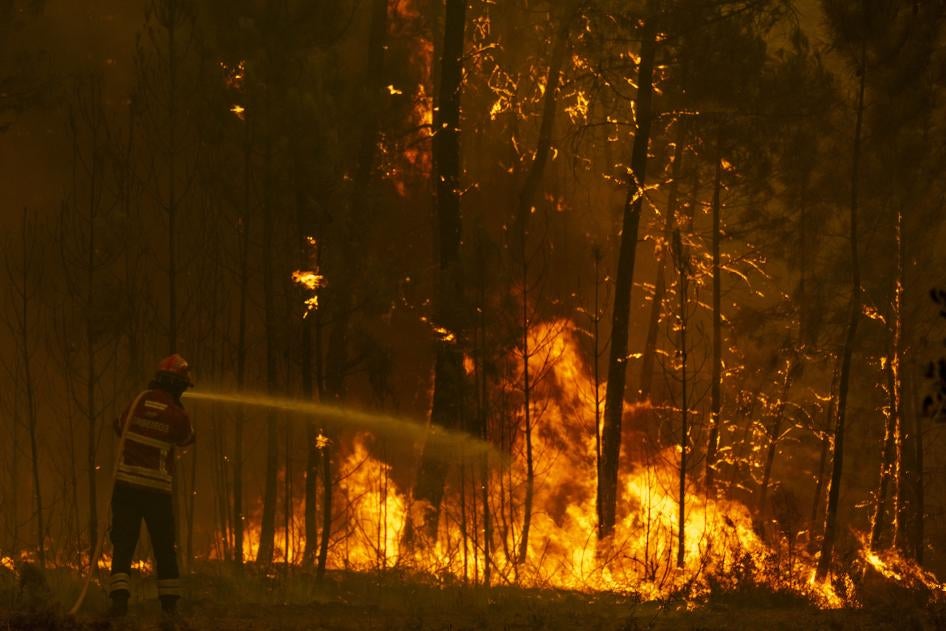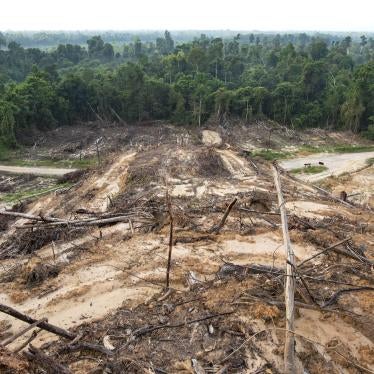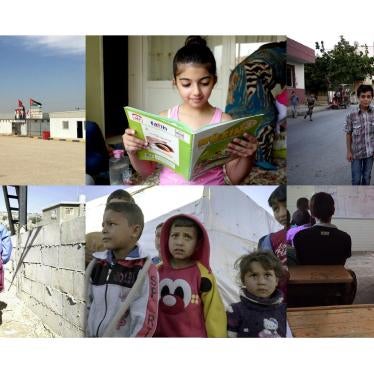Increased heat, more frequent forest fires, and other extreme weather events fueled by climate change are already harming children in Europe today and governments are not doing enough to cut emissions and prevent catastrophic impacts on children’s rights in the future.
That’s the message four Portuguese children and two young adults have brought in a case against 33 governments before the European Court of Human Rights.
The lawsuit is in its early stages, and no decision on its admissibility or substance has been taken yet. But the Court has decided to fast-track it recognizing the “importance and urgency of the issues raised,” and in February, rejected a request by the 33 governments to reconsider that assessment.
Heatwaves, drought, and wildfires have increased in Europe in recent years and are projected to become far worse, particularly in southern Europe, according to a European Commission study. Human Rights Watch has documented how insufficient government action on deforestation and climate change has already harmed children’s rights. In Brazil, forest fires resulting from unchecked deforestation contribute to climate change and have poisoned the air, resulting in hundreds of infants being hospitalized with respiratory illness. In Canada, the government has done little to address food poverty and health issues among Indigenous children, as traditional food sources dry up in part due to climate change. And in the U.S., increasing heat has been linked to increases in premature birth.
The Portuguese applicants, aged between 8 and 21, argue that heat waves and forest fires interfere with their right to life and harm their physical and mental wellbeing and governments’ failure to significantly reduce greenhouse gas emissions is the cause. They also argue they are victims of discrimination as they have more years ahead of them and will therefore experience the worst effects of climate change. The applicants join a broader movement of youth activists using street protests, online activism, and lawsuits to call out government inaction on climate change.
Now, the defendant governments—all EU states as well as Norway, Russia, Switzerland, Turkey, Ukraine and the United Kingdom—have until May 27 to submit their response. The case promises to put government commitments to rapidly reduce emissions under intense scrutiny and challenge them to demonstrate how they are protecting children’s rights from the worst climate impacts.








